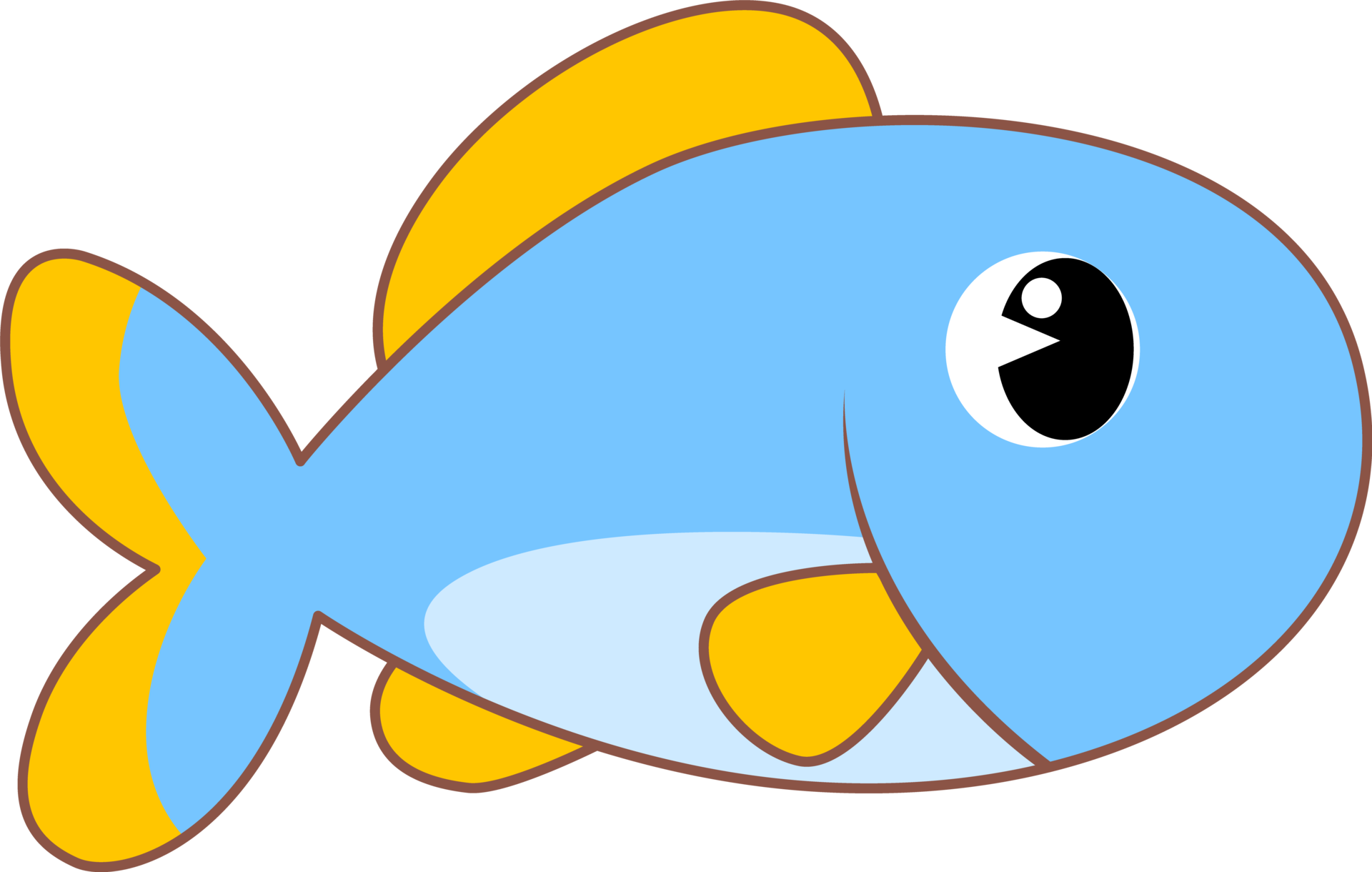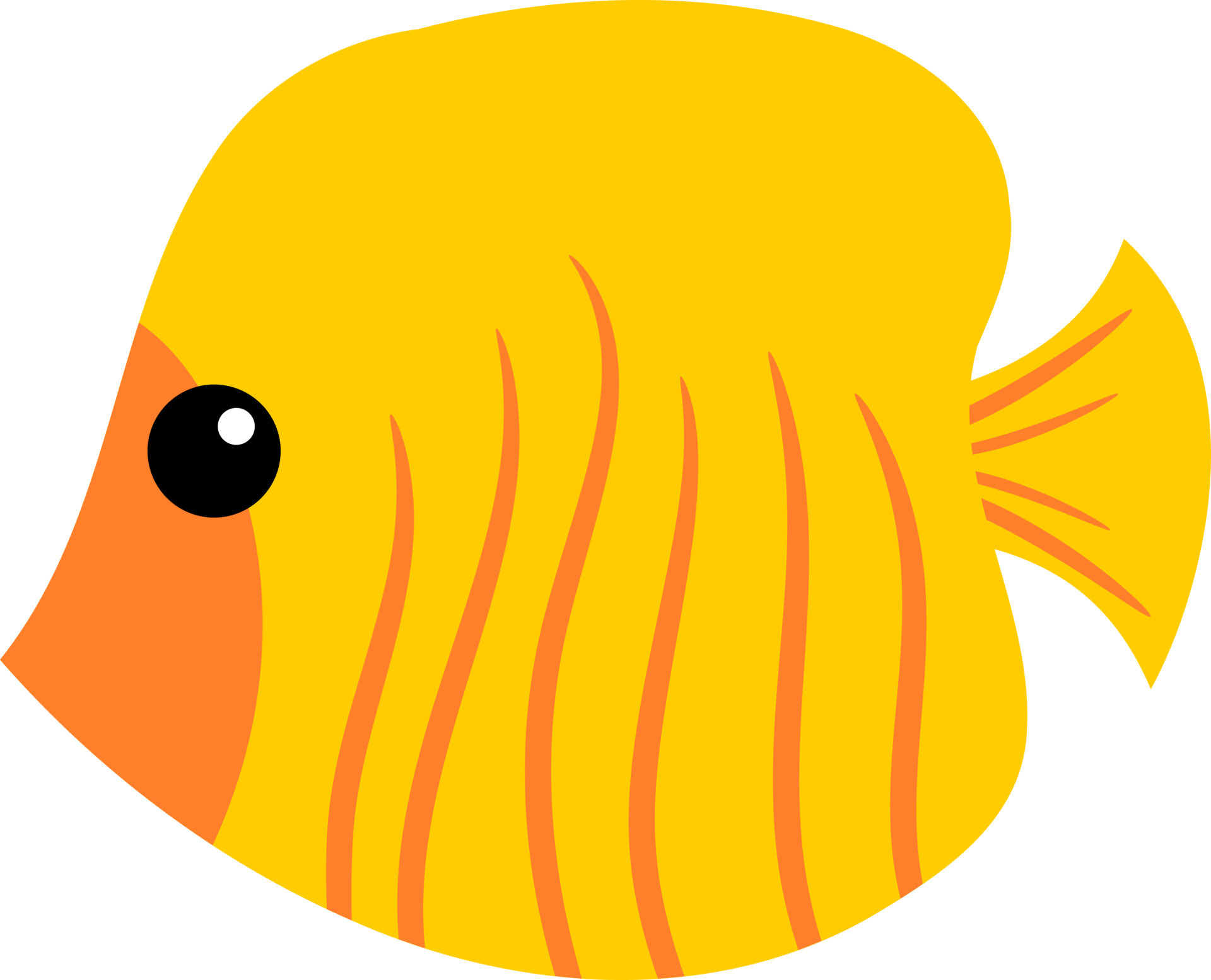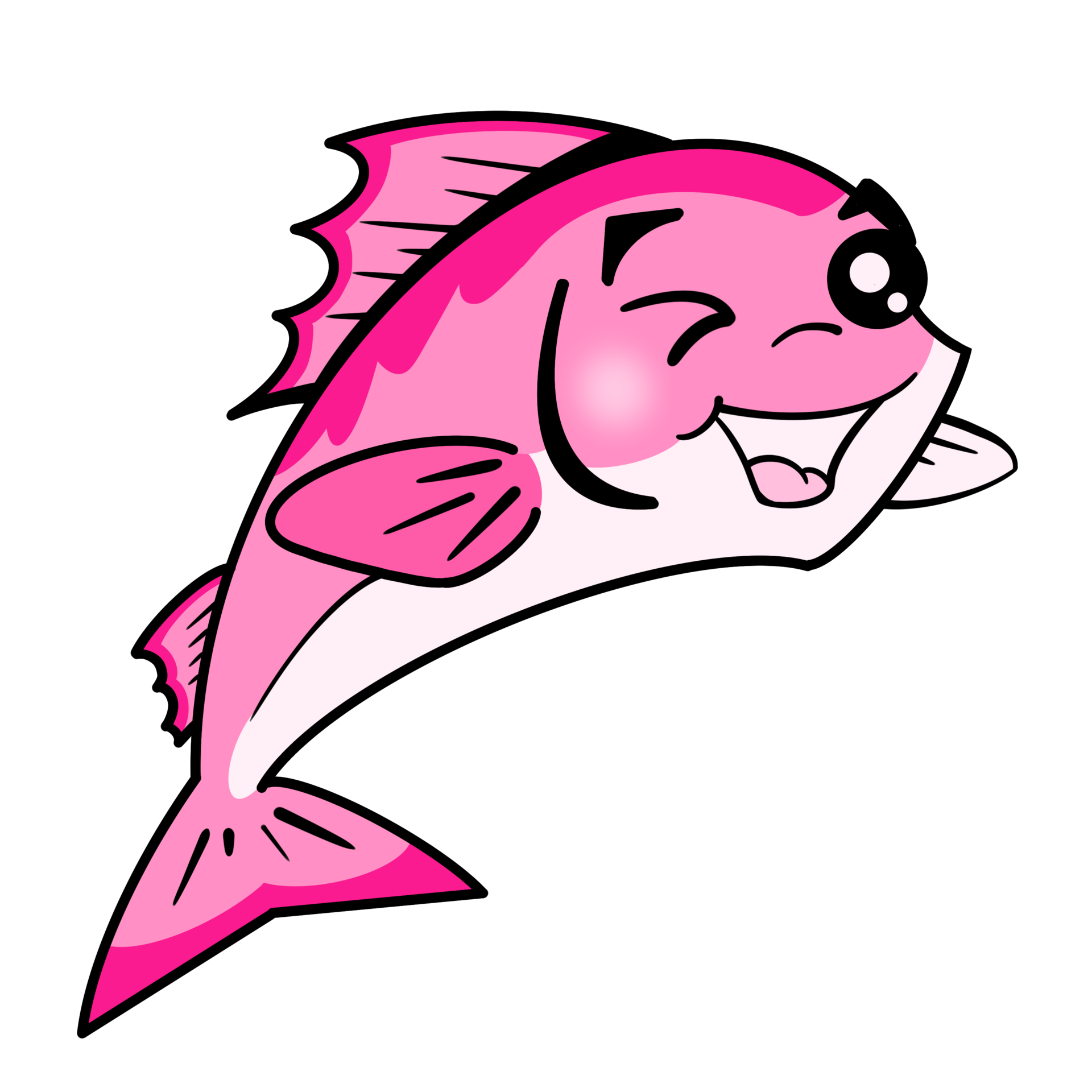What The Fish: Dive Into The World Of Aquatic Wonders
Hey there, fellow ocean enthusiasts! If you've ever found yourself pondering over the mysteries of marine life or asking yourself "what the fish," then you're in for a treat. This article is your ultimate guide to understanding the fascinating world beneath the waves. From the tiniest plankton to the majestic whales, we'll dive deep into everything fish-related and uncover the secrets of the underwater realm. So, grab your snorkel and let's get started!
Let's be honest, the ocean is a wild place. It's filled with creatures that could make even the most seasoned marine biologist scratch their head. Fish come in all shapes and sizes, and they've been around for a heck of a long time. They've evolved into some of the most incredible beings on the planet, and honestly, they deserve way more credit than they get. If you're ready to learn about these aquatic wonders, you're in the right spot.
Now, I know what you're thinking—why should you care about fish? Well, my friend, fish play a crucial role in our ecosystem. They're not just there for us to catch and eat; they're vital to keeping our oceans healthy and balanced. Plus, they're downright fascinating. So, buckle up because we're about to embark on an epic journey into the world of fish. Trust me, it's gonna be worth your time.
Read also:Plan B Costco Your Ultimate Guide To Emergency Essentials
What the Fish Really Means
When we say "what the fish," we're not just throwing out random words. It's a phrase that encapsulates the curiosity and wonder we have about marine life. Fish aren't just swimming around aimlessly; they're part of a complex ecosystem that affects everything from weather patterns to food chains. Understanding what the fish truly means is the first step in appreciating the importance of these creatures.
Let's break it down a bit. Fish are vertebrates, meaning they have backbones. They come in all sorts of shapes and sizes, from the tiny neon tetra to the massive whale shark. Some fish are predators, some are prey, and some are both. It's a delicate balance, and every species plays a role in maintaining the health of the ocean. So, the next time you hear someone say "what the fish," you'll know they're talking about the incredible diversity and importance of marine life.
Types of Fish: A World of Diversity
Alright, let's talk about the different types of fish. There are so many varieties that it's almost overwhelming. We've got bony fish, cartilaginous fish, and even jawless fish. Each type has its own unique characteristics and adaptations that help them survive in their specific environments.
Bony Fish: The Backbone of the Ocean
Bony fish, or Osteichthyes, are the most common type of fish. They have skeletons made of bone, which gives them their name. This group includes everything from the colorful clownfish to the speedy tuna. Bony fish are incredibly diverse, and they can be found in almost every aquatic environment on the planet.
Some fun facts about bony fish? They have swim bladders, which help them control their buoyancy. They also have gills that extract oxygen from the water, allowing them to breathe underwater. And let's not forget about their scales, which provide protection and reduce drag as they swim. Bony fish are truly remarkable creatures.
Cartilaginous Fish: The Sharks and Rays
Cartilaginous fish, or Chondrichthyes, are a bit different. Instead of having bones, their skeletons are made of cartilage, which is lighter and more flexible. This group includes sharks, rays, and skates. Cartilaginous fish are some of the most ancient creatures on the planet, with fossils dating back over 400 million years.
Read also:White Bison Coffee The Ultimate Brew Experience You Cant Miss Out On
Sharks, in particular, get a bad rap. They're often portrayed as mindless killing machines, but the truth is, they're vital to the health of the ocean. Sharks help keep fish populations in check, and they're also an indicator species. If shark populations start to decline, it's a sign that something is wrong with the ecosystem. So, the next time you see a shark, remember that it's doing its part to keep the ocean healthy.
What the Fish: The Importance of Marine Conservation
Now that we've talked about the different types of fish, let's shift our focus to marine conservation. The ocean is under threat from a variety of factors, including overfishing, pollution, and climate change. If we don't take action now, we could lose some of the most incredible creatures on the planet.
One of the biggest threats to fish populations is overfishing. We're catching fish faster than they can reproduce, and it's having a devastating impact on the ecosystem. Some species, like the bluefin tuna, are on the brink of extinction. It's not just the fish that suffer; entire ecosystems can collapse if key species are removed.
Pollution is another major issue. Plastic waste, oil spills, and agricultural runoff all contribute to the degradation of marine habitats. Fish can mistake plastic for food, which can lead to starvation or death. And let's not forget about climate change. Rising ocean temperatures and acidification are affecting everything from coral reefs to fish populations.
What the Fish: The Role of Fish in Human Culture
Fish have played a significant role in human culture for thousands of years. They've been a source of food, inspiration, and even spirituality. In many cultures, fish are seen as symbols of prosperity and good fortune. They've also been the subject of countless myths and legends.
Take, for example, the Japanese art of sushi. Sushi is more than just food; it's an art form that has been perfected over centuries. The Japanese have a deep respect for fish, and they take great care in preparing and presenting it. Sushi has become a global phenomenon, and it's a testament to the importance of fish in human culture.
And let's not forget about fishing itself. Fishing is one of the oldest professions in the world, and it's still a vital part of many economies. From small-scale artisanal fishing to large commercial operations, fishing provides livelihoods for millions of people around the globe. It's also a popular recreational activity, with people all over the world enjoying the thrill of catching their own fish.
What the Fish: The Science Behind Fish Behavior
So, what makes fish tick? Well, it turns out that fish are a lot smarter than we give them credit for. They have complex social structures, can learn from experience, and even exhibit problem-solving skills. Some species of fish have been observed using tools, while others have been known to form alliances with other species.
Take, for example, the cleaner wrasse. These little fish set up "cleaning stations" where they remove parasites and dead skin from other fish. It's a mutually beneficial relationship that benefits both parties. And then there's the archerfish, which can spit water with pinpoint accuracy to knock insects off leaves. These are just a few examples of the incredible behaviors exhibited by fish.
What the Fish: The Economic Impact of Fishing
Fishing is a massive industry, and it has a significant impact on the global economy. In 2020, the global seafood market was valued at over $150 billion, and it's expected to continue growing in the coming years. Fish provide jobs for millions of people, and they're a crucial source of protein for billions more.
However, the fishing industry isn't without its challenges. Overfishing, illegal fishing, and environmental concerns all threaten the sustainability of the industry. That's why it's so important to adopt sustainable fishing practices. By doing so, we can ensure that fish populations remain healthy and that the industry can continue to thrive.
What the Fish: The Future of Marine Science
The future of marine science is bright, and there are some exciting developments on the horizon. Advances in technology are allowing scientists to study fish in ways that were once impossible. From underwater drones to satellite tracking, we're gaining a better understanding of the ocean and its inhabitants.
One of the most promising areas of research is in aquaculture, or fish farming. Aquaculture has the potential to provide a sustainable source of seafood while reducing the pressure on wild fish populations. However, it's not without its challenges. We need to ensure that aquaculture is done in an environmentally friendly way, and that it doesn't harm wild fish populations.
What the Fish: The Impact of Climate Change
Climate change is having a profound impact on the ocean, and fish are feeling the effects. Rising ocean temperatures are causing fish to migrate to cooler waters, while acidification is affecting everything from coral reefs to shellfish. It's a complex issue, and one that requires a global effort to address.
One of the most concerning effects of climate change is the loss of coral reefs. Coral reefs are some of the most biodiverse ecosystems on the planet, and they provide habitat for countless species of fish. If we lose the reefs, we lose the fish, and the entire ecosystem could collapse.
What the Fish: The Importance of Education
Education is key to protecting the ocean and its inhabitants. By teaching people about the importance of fish and the threats they face, we can inspire action and create a more sustainable future. Schools, museums, and aquariums all play a role in educating the public about marine life.
And let's not forget about the power of social media. Platforms like Instagram and TikTok are great for spreading awareness and reaching a wider audience. By sharing information and stories about fish, we can help people connect with the ocean and understand its importance.
What the Fish: Final Thoughts
So, there you have it—a deep dive into the world of fish. From their incredible diversity to their role in human culture, fish are truly remarkable creatures. They play a vital role in the health of the ocean, and they deserve our respect and protection.
Now, it's your turn to take action. Whether it's reducing your plastic use, supporting sustainable fishing practices, or simply learning more about marine life, every little bit helps. Share this article with your friends and family, and let's work together to protect the ocean and its inhabitants.
Table of Contents
- What the Fish Really Means
- Types of Fish: A World of Diversity
- What the Fish: The Importance of Marine Conservation
- What the Fish: The Role of Fish in Human Culture
- What the Fish: The Science Behind Fish Behavior
- What the Fish: The Economic Impact of Fishing
- What the Fish: The Future of Marine Science
- What the Fish: The Impact of Climate Change
- What the Fish: The Importance of Education
- What the Fish: Final Thoughts
Remember, the ocean is an incredible place, and it's up to all of us to protect it. So, the next time you hear someone say "what the fish," you'll know exactly what they mean. Let's keep the conversation going and work together to create a better future for our planet.


